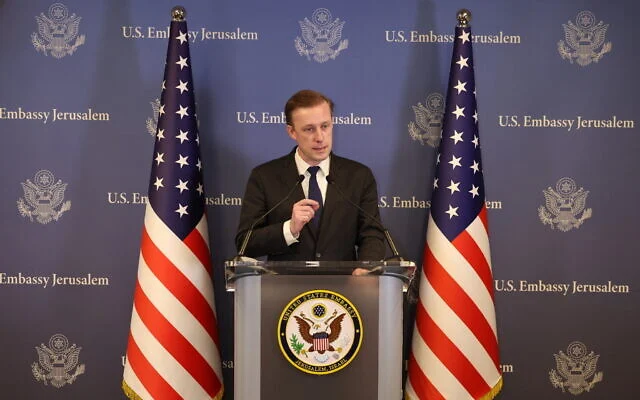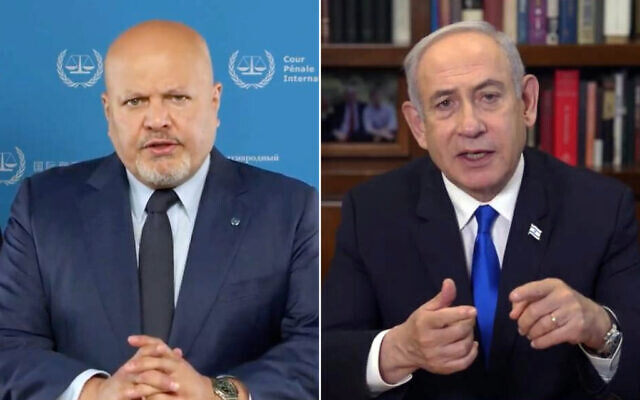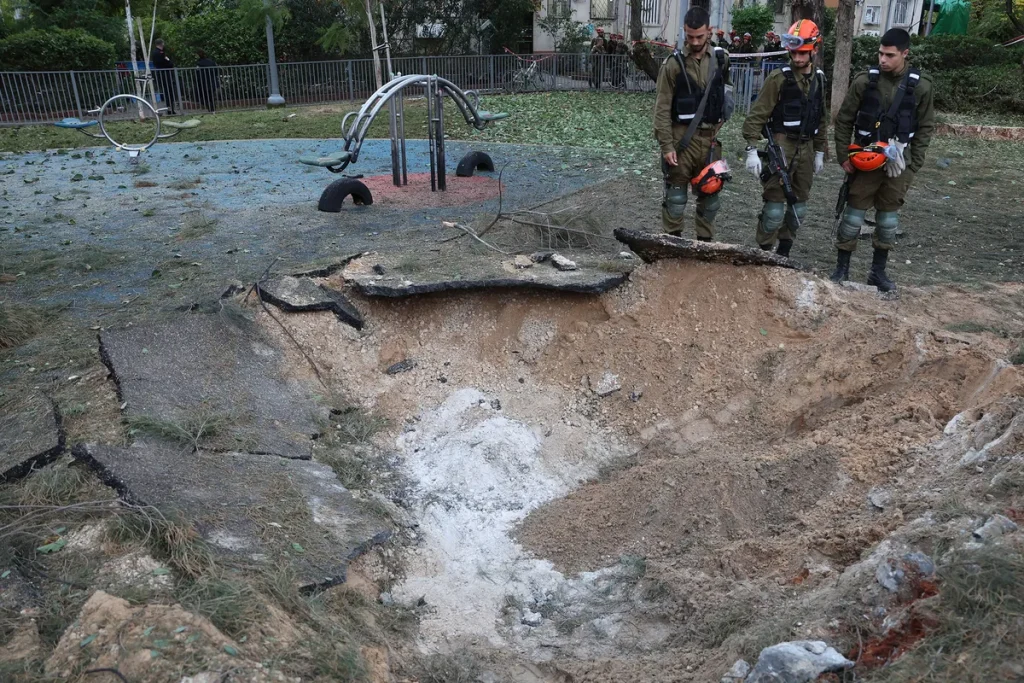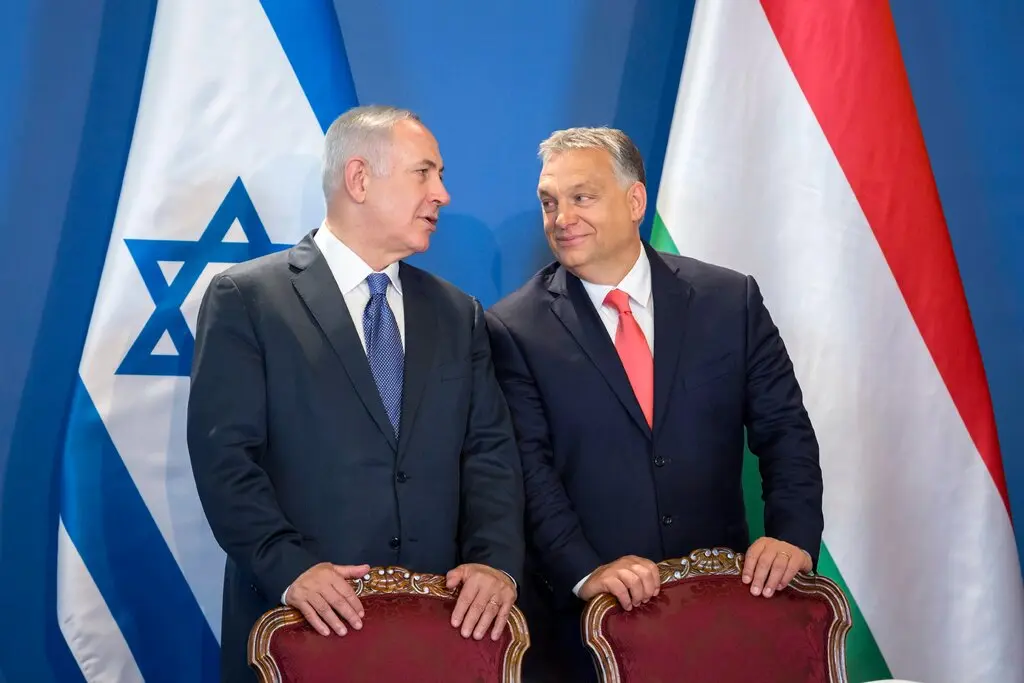Netanyahu ‘ready’ to reach hostage deal and sides are ‘close,’ says top Biden aide

Israeli Prime Minister Benjamin Netanyahu has expressed his willingness to reach a deal regarding hostages held by Hamas, according to a senior U.S. official. The Biden administration, which has been closely monitoring the situation, is hopeful that an agreement could be on the horizon as both sides reportedly edge closer to a potential deal.
This revelation comes amidst ongoing talks aimed at securing the release of hostages taken by Hamas during the militant group’s attacks on Israel in October. The situation has drawn global attention, with governments and international organizations calling for a peaceful resolution and an end to the suffering of the hostages, many of whom are civilians.
A Complex Negotiation Process
The issue of hostages has been one of the most emotionally charged aspects of the ongoing Israel-Hamas conflict. Following the deadly October assault, Hamas took dozens of Israeli citizens, as well as foreign nationals, captive. Since then, the Israeli government has been working tirelessly to negotiate their release. The negotiations have been fraught with challenges, including the military and political considerations on both sides.
Netanyahu’s government has faced growing pressure from families of the hostages, Israeli citizens, and international allies to do everything in its power to secure the release of the captives. While Israel has launched numerous military operations in response to Hamas’s aggression, the topic of negotiating with militants has been contentious within Israel itself.
Despite these internal challenges, Netanyahu has made clear that he is prepared to engage in a deal if it ensures the safe return of the hostages. The latest comments from a senior Biden aide suggest that both parties may be close to an agreement, though the terms and specifics remain unclear.
U.S. Involvement in Hostage Negotiations
The Biden administration has been instrumental in facilitating discussions surrounding the hostages, providing diplomatic support to Israel while calling for humanitarian relief efforts. U.S. officials have been working behind the scenes with intermediaries in the region, including Qatar, which has played a significant role in mediating between Hamas and Israel.
According to U.S. officials, talks have intensified in recent days, with both sides reportedly willing to make concessions. While the exact details of any potential deal remain undisclosed, it is widely believed that any agreement would involve some form of exchange, possibly including the release of Palestinian prisoners held by Israel in return for the hostages’ freedom.
Senior White House officials have expressed cautious optimism, noting that while a deal is not yet finalized, significant progress has been made. The aide who provided the update emphasized that while the sides are “close,” a final agreement would depend on continued negotiations and a willingness from both sides to come to terms.
The Stakes of the Deal
The potential for a hostage deal comes at a critical moment in the broader Israel-Hamas conflict. Since the escalation began in October, thousands of lives have been lost, and the humanitarian toll has been catastrophic. With both sides locked in a bitter conflict, the idea of a potential ceasefire or prisoner exchange has garnered significant international attention.
For Israel, securing the release of hostages has become a central priority, especially given the public outcry from the families of those captured. Many Israelis view the release of the hostages as crucial not only for humanitarian reasons but also to restore a sense of national security and pride after the traumatic attacks by Hamas.
At the same time, the Netanyahu government is grappling with the political and military realities of dealing with Hamas. The prime minister has long been a staunch opponent of negotiating with militant groups, but the scale of the hostage crisis has forced Israel to reconsider its position.
On the other side, Hamas is facing pressure, with international calls for a resolution to the hostage situation mounting. The group has used the hostages as leverage, but it also faces challenges in balancing its political objectives with the need for international support. Some reports suggest that Hamas has been negotiating with intermediaries to secure the release of its members held in Israeli prisons, a key demand in any potential deal.
Despite the hopeful signs, experts caution that reaching an agreement will not be easy. Both sides have entrenched positions, and there are numerous obstacles to overcome before a deal can be finalized. For instance, any agreement would require the involvement of multiple parties, including international mediators, to ensure that both sides honor their commitments.
Moreover, there is the issue of how to ensure the safe return of hostages. Given the ongoing hostilities between Israel and Hamas, it is unclear whether a ceasefire would be necessary to facilitate their release, or whether the exchange could take place under the current military conditions.
The Biden administration’s role in facilitating these talks cannot be understated. The U.S. has expressed its commitment to supporting Israel in its efforts to secure the release of its citizens, while also pushing for a diplomatic resolution to avoid further bloodshed. However, there is also the concern that any agreement might be used by Hamas to further its agenda, potentially prolonging the conflict.
Global Reactions
The international community has been closely monitoring the situation. Several world leaders, including those from the European Union and the United Nations, have urged both sides to prioritize humanitarian concerns and the safety of the hostages. Many have welcomed the news that the two sides are reportedly nearing an agreement, although there are concerns about whether any deal would lead to a lasting peace or simply provide temporary relief.
Human rights organizations have also weighed in, emphasizing the importance of a long-term resolution that addresses the root causes of the conflict. While the hostages’ release is a step in the right direction, many believe that lasting peace in the region will require broader political and security reforms on both sides.
As Israel and Hamas edge closer to a potential deal regarding the hostages, there remains a great deal of uncertainty about how the negotiations will unfold. While Prime Minister Netanyahu has indicated his willingness to engage in talks, it is clear that many challenges remain, including the political and military complexities of the ongoing conflict.
For now, both Israel and Hamas appear to be in the midst of a delicate balancing act. The Biden administration’s involvement has helped facilitate dialogue, but it is unclear whether a deal can be finalized. What is clear, however, is that securing the release of hostages remains a priority for both sides, and the global community is watching closely to see if an agreement can be reached that will bring some relief to those suffering in this devastating conflict.






